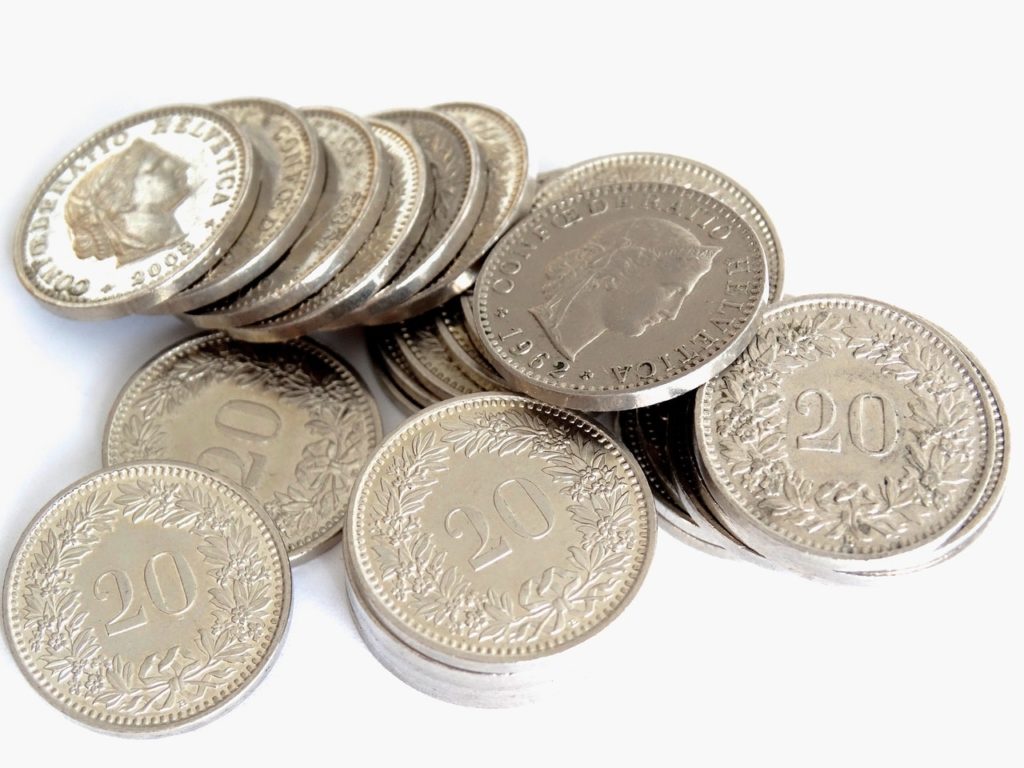Emergencies are the unexpected events that you never want to plan for. However, planning for these is of vital importance to be assured that the emergency will not have a drastic impact on your livelihoods and that you will be able to recover quickly from the incident, whether it is a house fire or simply your washing machine has broken down.

- Take Out a Personal Loan
Many families may struggle to acquire the amount that you need to prepare for an emergency, especially if you live pay-check to pay-check. If you find yourself in a home emergency and yet do not have the money to pay for the damages, services or replacement items that you require, taking out a personal loan is an instant solution that can aid you as you get back on your feet. For those on a budget or who have poor credit scores, Cash Lady offers no credit check loans that can help anyone to get the financial aid that they need to recover after a disaster.
- Obtain Life and Home Insurance
In order to prepare for emergencies, it is vital that you take out all of the right insurance that you need. Getting insurance can help to protect your family from unexpected financial situations by offering you compensation for any damages that you acquire through fire, theft, and even death. Finding cheap home insurance is important for those with their own homes, and you should check your provider’s policy to see what they cover, including any gadgets that you may have. You should also take out life insurance so that your family can be protected in the event of your death. Life insurance is especially important if you are the breadwinner or if you have debts such as a mortgage, and you should use price comparison websites to find the best option for you.

- Have a Contingency Fund
It is also essential to have a contingency fund that you can use if there is an emergency. Sources recommend that this should be three times your monthly wages. However, this may be difficult for those families that are on a budget. It is not impossible to get the appropriate funds for your family on a budget though, and there are multiple ways of collecting an emergency fund such as cutting down on expenditure and creating a budget for your household– any money that you save from implementing this can then go into your contingency fund.
- Create an Emergency Plan
You should also have a plan for what you will do if an emergency happens. Not only should this include an escape route or possible places to stay, but this should also include a plan of how to help your financial situation. For instance, many families will construct a weekly budget for how to cut back during an emergency, and any financial services or advisors that they may be able to employ to help them.

